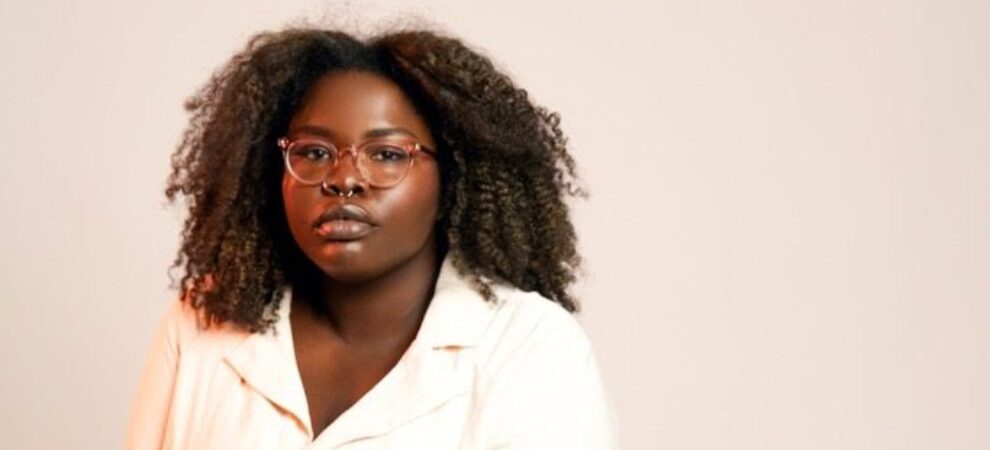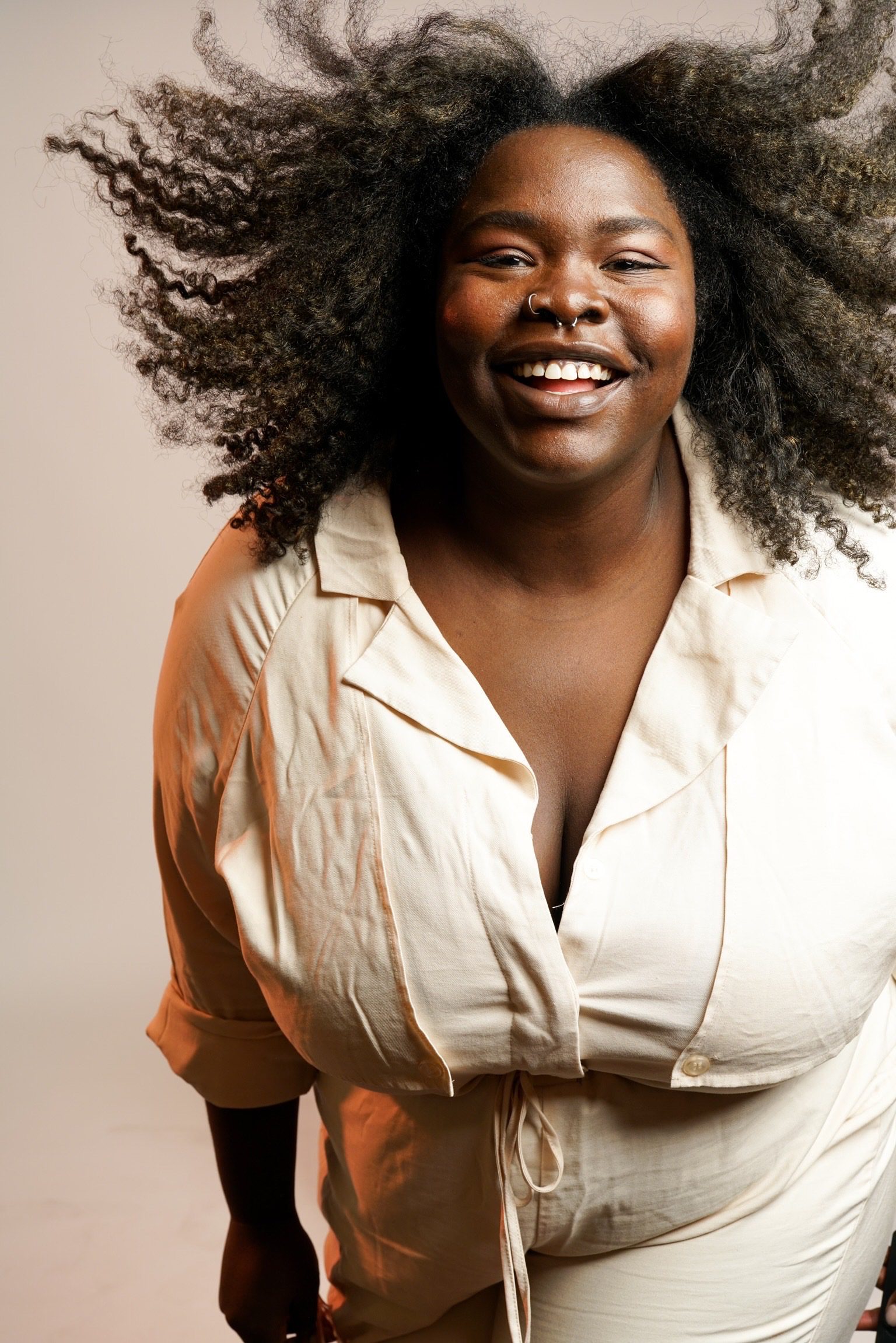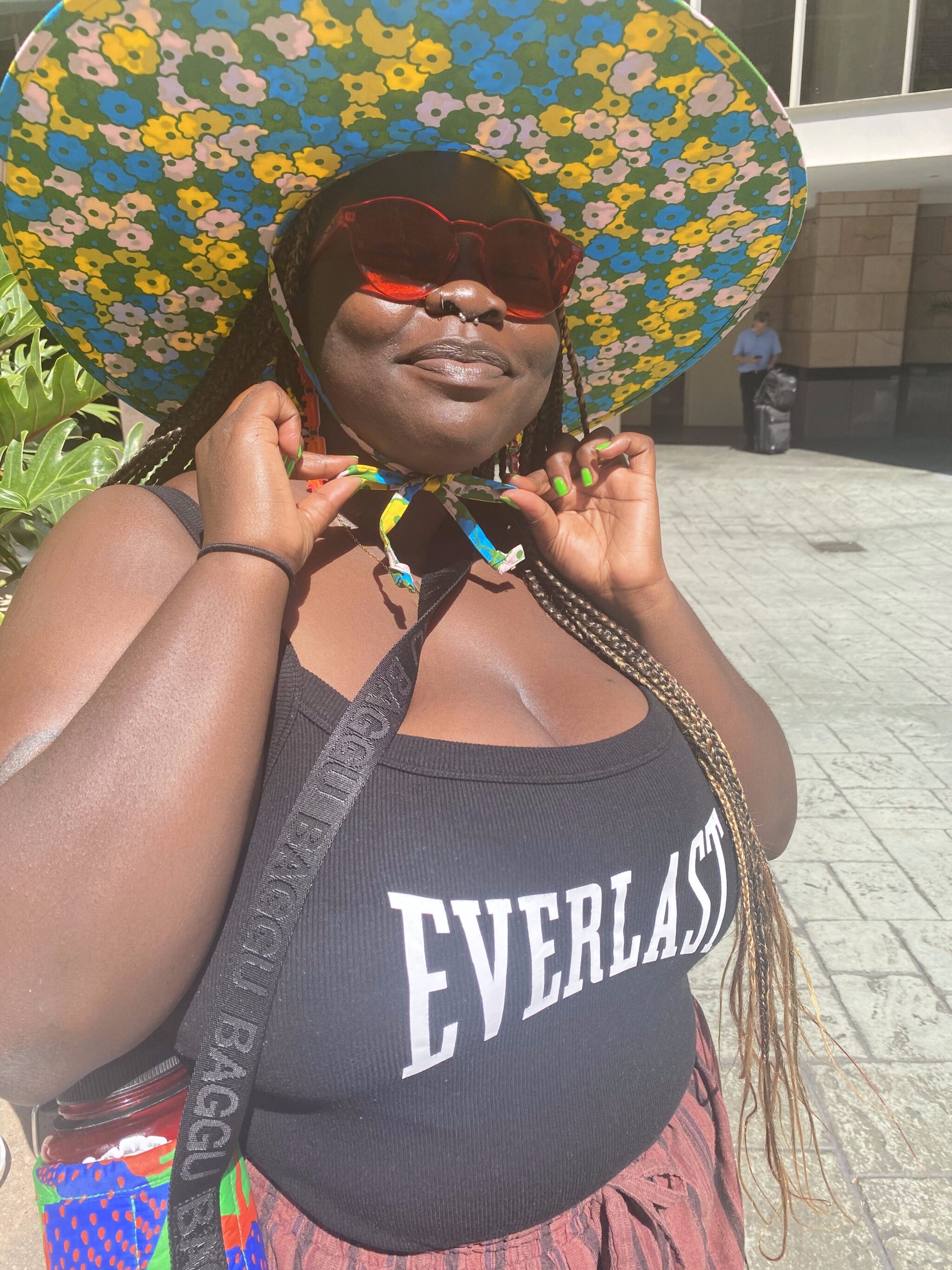
Minerva is thrilled to welcome marissa lea gaston (she/her) to our team as an associate! I had the joy of speaking with marissa to hear more about her social impact communications journey, her passion for community connection, and her day-to-day in Chicago.
Where do you live? Where is home?
I’m currently based in Chicago, Illinois, but home is the South. I was born and raised outside of Nashville, Tennessee and moved to Atlanta, Georgia out of college.
You have a background in communications, specifically in social impact. Can you walk me through your career journey?
I’ve always been a writer, storyteller, and generally media obsessed. That manifested itself in a journalism degree, but not before I went through a bit of an identity crisis. Since I was a kid, I dreamt of writing long-form stories of a political nature for print publications like Teen Vogue, New York Times Magazine, and Bitter Southerner. But my university had suspended its print media track, and all my favorite publications seemed to be dying off year by year. There was this major shift happening towards digital media; I was no longer thinking about just the writing, but also virality, live-tweeting, engagement, clicks, views, and is there a video we can embed? And this was all happening amidst the 2016 election and early days of the Trump administration. I started feeling uncertain that press and digital media was the route I wanted to take. I didn’t know how I fit in.
I hear you on the shift to digital. It feels like it’s been especially jarring in the last few years, especially with longer-form publications. So, what did you decide to do after graduating?
Well, it opened a clear path toward movement communications, or social impact communications.
I got my first job doing digital media for the Southern Poverty Law Center, and every job since then has been in nonprofit communications. As a queer Black woman from the South, it’s been a very different kind of journey than those of my white counterparts. Those experiences led me to become involved in workers’ rights and labor organizing.
After that, I shifted to consulting. With this work, I’m focused on really hearing and supporting the needs of those actually executing the work. I’m interested in finding solutions that work for the frontline folks. I enjoy helping people to feel less intimidated by the practice of communicating and understand how it’s connected to every other function of an organization.
That’s quite the career journey. What brought you to Chicago?
I always say that move was probably the most decisive thing I’ve ever done. I was working remotely, getting priced out of my neighborhood, and the pandemic just broke open my worldview in a lot of ways. I’m so passionate about the South, but I recognized I’d been there my whole life, and I wanted to stretch myself. Besides, so many ancestors had made a similar journey during the Great Migration, so it very much felt like a spiritual calling. After a particularly transformative visit, I decided, let’s try it. This is next.
I admire that attitude. It’s no small feat to pack up and move out of what you know. What stands out to you about Chicago? What are your favorite things about the city?
Chicago has a rich movement history in terms of labor and Black queer expression. Plus, the food! There’s every cuisine you can think of, and I intend to try them all. I also didn’t know there were beaches here! I’ve loved having the lake as a resource and spend as much time there as possible.

We’ve been lucky enough to have you on the team for a few months now. What drew you to Minerva, and what are your takeaways so far?
It comes down to values alignment. We’re all trying to stay conscious that we are humans living through very chaotic times. We have an understanding of what our work is and who we’re trying to work with. I feel like my teammates value my humanity. I’m used to the grind, the urgency, the competition. As a strategist, I try to encourage my clients not to think like that. We’re working against that. We are advancing the work in ways that feel sustainable for everybody.
That’s a great way to put it. Speaking of walking the talk, we often refer back to our principles when we describe our work. Which Minerva principles stand out to you?
I gravitate towards “value questions more than answers” because it is such an anti-white supremacist notion, and it is so uncomfortable. I don’t have to pretend I’m an expert with all the answers—I’m much more drawn to the questions in the gray area, which can be a little bit scary sometimes. In my professional and personal life, valuing questions, staying open to various perspectives, even the things that we feel like we know, is truly where all the richness is. That’s where the learning happens.
How do you make time for yourself? What does free time look like to you?
I like to spend my free time reading or getting lost on a walk (when Chicago weather permits).
I’m a maker too, so I’m usually crafting or working on some kind of project. One of my special interests is micro-living, like tiny houses and accessory dwelling units, so I would like to build a tiny house or convert a camper. I want to be the “community contractor,” meaning I am the friend who will mount your TV, who will install your blinds, assemble your furniture, do all of that. It’s like a puzzle for me. Some of this is informed by growing up in the South and regularly seeing cooperative structures, even though they weren’t called that. It was just a fact of life to lean on your extended community for different needs. We take care of us.

I love the term community contractor. What are your current book recommendations?
I am currently reading “Survival as a Promise: The Eternal Life of Audre Lorde.” It’s part-memoir, part-biography written by an incredible Black woman scholar, poet, and cultural worker named Alexis Pauline Gumbs.
As for fiction, I’ve been suggesting “Everything for Everyone: An Oral History of the New York Commune, 2052–2072” by M. E. O’Brien and Eman Abdelhadi to… well, everyone. It’s a fictitious oral history project from the future. The authors are real people casting themselves into a near future and imagining speaking to people who have survived and rebuilt New York City into a network of communes. It feels so familiar, and yet it’s completely made up. It’s a needed reminder that we have the resources, care, and brilliance among us to meet whatever challenges are coming.